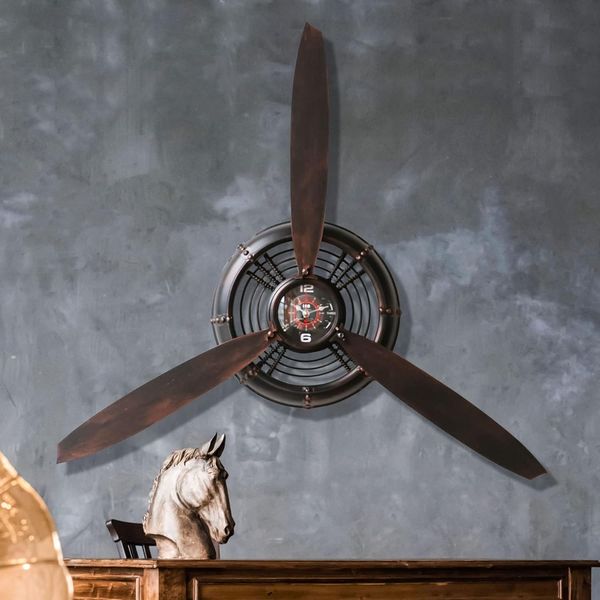A merger between South Korea's two largest airlines, Korean Air and Asiana Airlines, has been under discussion for several years. After uncertainty over the merger's status, news emerged showing that progress is continuing. On February 13, the European Commission approved Korean Air's acquisition of Asiana Airlines, providing another green light for the merger.

Combining Forces
In November 2020, the South Korean government announced the proposed merger of Korean Air and Asiana Airlines, its two largest airlines. The Korea Development Bank agreed to contribute 800 billion won ($655.73 million) to finance the merger. One caveat to this merger was the differing loyalty alliances among the two airlines. Korean Air is a member of SkyTeam, while Asiana is in the Star Alliance.
However, it was later decided that the combined carrier would join SkyTeam once the merger was approved and completed. Therefore, Star Alliance would lose a member. The merger also called for both carriers' low-cost subsidiaries to be combined into one low-cost airline. Korean Air has Jin Air, while Asiana has Air Busan and Air Seoul.

Merger Pushback and Approval
The merger was initially viewed as increasingly unlikely after the announcement due to various regulations, including antitrust laws. These laws have been the enemy of various proposed airline mergers or collaborations in the U.S., such as JetBlue's acquisition of Spirit Airlines and American Airlines' alliance with JetBlue. According to an official press release from Korean Air, the European Commission (EC) has deemed the carrier compliant with certain commitments.
As such, Korean Air has successfully obtained approval from 13 of the 14 regulatory authorities requiring business combination approvals. In the order of when they approved Korean Air, the authorities are the following:
- Türkiye
- Taiwan
- Thailand
- Philippines
- Malaysia
- Vietnam
- South Korea
- Singapore
- Australia
- China
- United Kingdom
- Japan
- European Union

The United States is the only remaining authority that must approve the merger. Korean Air winning antitrust approval from the EC means moving closer to purchasing Asiana Airlines. Other commitments that come from this agreement include the sale of Asiana Cargo and the divestment of four Seoul-Europe routes to T'way Air.
Korean Air and Asiana Airlines must take additional steps to oversee the cargo division's official sale, such as initiating the bidding process and selecting a buyer for Asiana Cargo. The other commitment involving T'way Air requires Korean Air to cease service on the following European routes from Seoul Incheon (ICN):
- Paris, France (CDG)
- Rome, Italy (FCO)
- Barcelona, Spain (BCN)
- Frankfurt, Germany (FRA)

Instead of Korean carriers exiting these markets completely, Korean Air plans to provide "comprehensive support" to T'way Air to help the airline operate these routes. This support may include transferring additional widebody jets to T'way since the airline's widebody fleet consists of three Airbus A330-300s. Korean Air's next step is to work with U.S. regulators and authorities to ensure their support. If American authorities push back against Korean Air's takeover of Asiana, this landmark move could be delayed further.
Top 5 Unique Gifts for Pilots & Aviation Lovers Under $50 » The Top 5 Longest Flights in the World » How Borders Shape Human Stories »
Comments (0)
Add Your Comment
SHARE
TAGS
NEWS South Korea European Union Korean Air Asiana Airlines Mergers and Acquisitions Finance Legal Politics MergerRECENTLY PUBLISHED
 Why Fast Price Estimation Has Become Critical for Brokers and Clients
In today's private aviation market, speed is no longer a "nice to have." It's an expectation. Brokers, operators, and clients all work under tighter timelines, higher price sensitivity, and far less tolerance for vague answers. When someone asks, "How much will this flight cost?" they don’t want a rough guess tomorrow; they want a credible answer now.
INFORMATIONAL
READ MORE »
Why Fast Price Estimation Has Become Critical for Brokers and Clients
In today's private aviation market, speed is no longer a "nice to have." It's an expectation. Brokers, operators, and clients all work under tighter timelines, higher price sensitivity, and far less tolerance for vague answers. When someone asks, "How much will this flight cost?" they don’t want a rough guess tomorrow; they want a credible answer now.
INFORMATIONAL
READ MORE »
 The Top 5 Longest Flights in the World
Technology continues to transform the way we live, work, and connect. Few industries embody this more than air travel, which has effectively shrunk the world in recent years. Journeys that would have once seemed impossible can now be completed in mere hours. Here's a look at the World's Top 5 flights, ranked by distance.
INFORMATIONAL
READ MORE »
The Top 5 Longest Flights in the World
Technology continues to transform the way we live, work, and connect. Few industries embody this more than air travel, which has effectively shrunk the world in recent years. Journeys that would have once seemed impossible can now be completed in mere hours. Here's a look at the World's Top 5 flights, ranked by distance.
INFORMATIONAL
READ MORE »
 Top 5 Unique Gifts for Pilots & Aviation Lovers Under $50
Discover five budget-friendly aviation gifts for under $50, ranging from stylish polarized aviator sunglasses and airplane pattern ties to practical VFR sectional flashcards. This curated list offers the perfect mix of professional utility and industrial decor for every pilot and flight enthusiast.
STORIES
READ MORE »
Top 5 Unique Gifts for Pilots & Aviation Lovers Under $50
Discover five budget-friendly aviation gifts for under $50, ranging from stylish polarized aviator sunglasses and airplane pattern ties to practical VFR sectional flashcards. This curated list offers the perfect mix of professional utility and industrial decor for every pilot and flight enthusiast.
STORIES
READ MORE »



